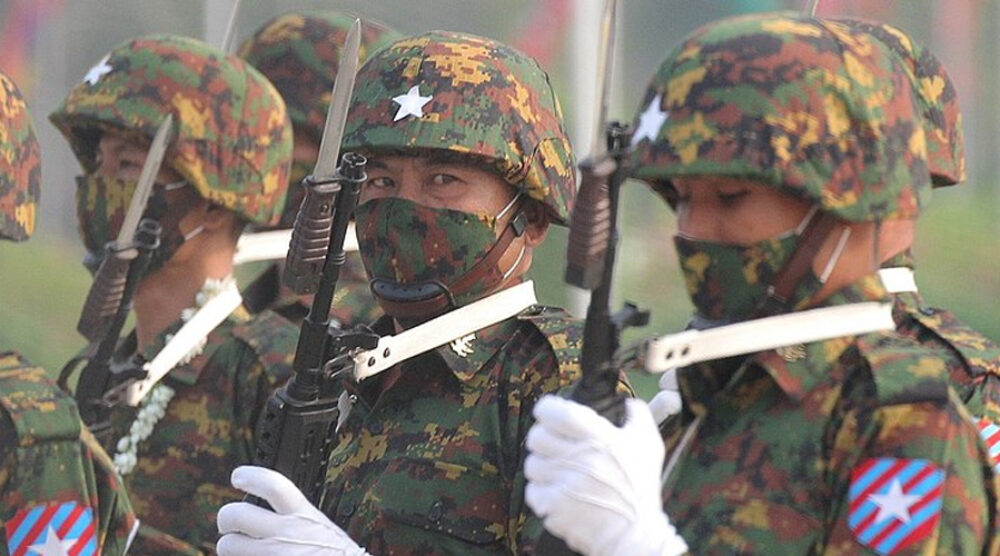Over the past year, governments and international organisations have imposed sanctions against Myanmar’s military regime and taken various other steps to support the country’s embattled opposition movement. Most of these measures have been largely symbolic, however, and none have had a direct impact on the balance of forces inside the country. The junta has continued its repressive policies, in what has become a nationwide civil war.
Requests by the shadow National Unity Government (NUG) for direct military intervention, under the UN’s Responsibility to Protect principles, have fallen on deaf ears. More recent calls by members of the People’s Defence Force (PDF), for the imposition of a no-fly zone over Myanmar, have been equally unsuccessful. Expatriate groups and private donors have provided a trickle of funds and weapons, but to date no lethal aid has been forthcoming.
Despite intensive lobbying in the US and elsewhere, the NUG has been unable to persuade any foreign government to recognise its credentials, or to assist the armed groups fighting the junta in its name.
Please click here to read the full “Is world opinion shifting on lethal aid to Myanmar’s opposition movement?” article published at Asialink, written by Griffith Asia Institute Adjunct Professor Andrew Selth.








